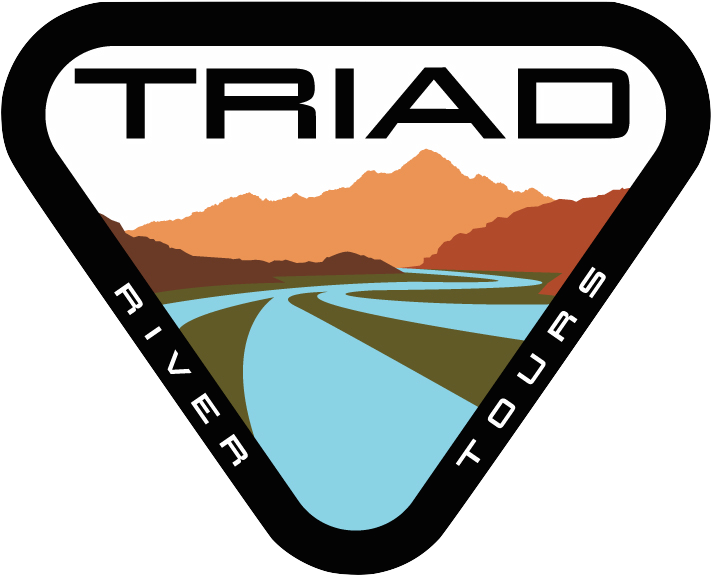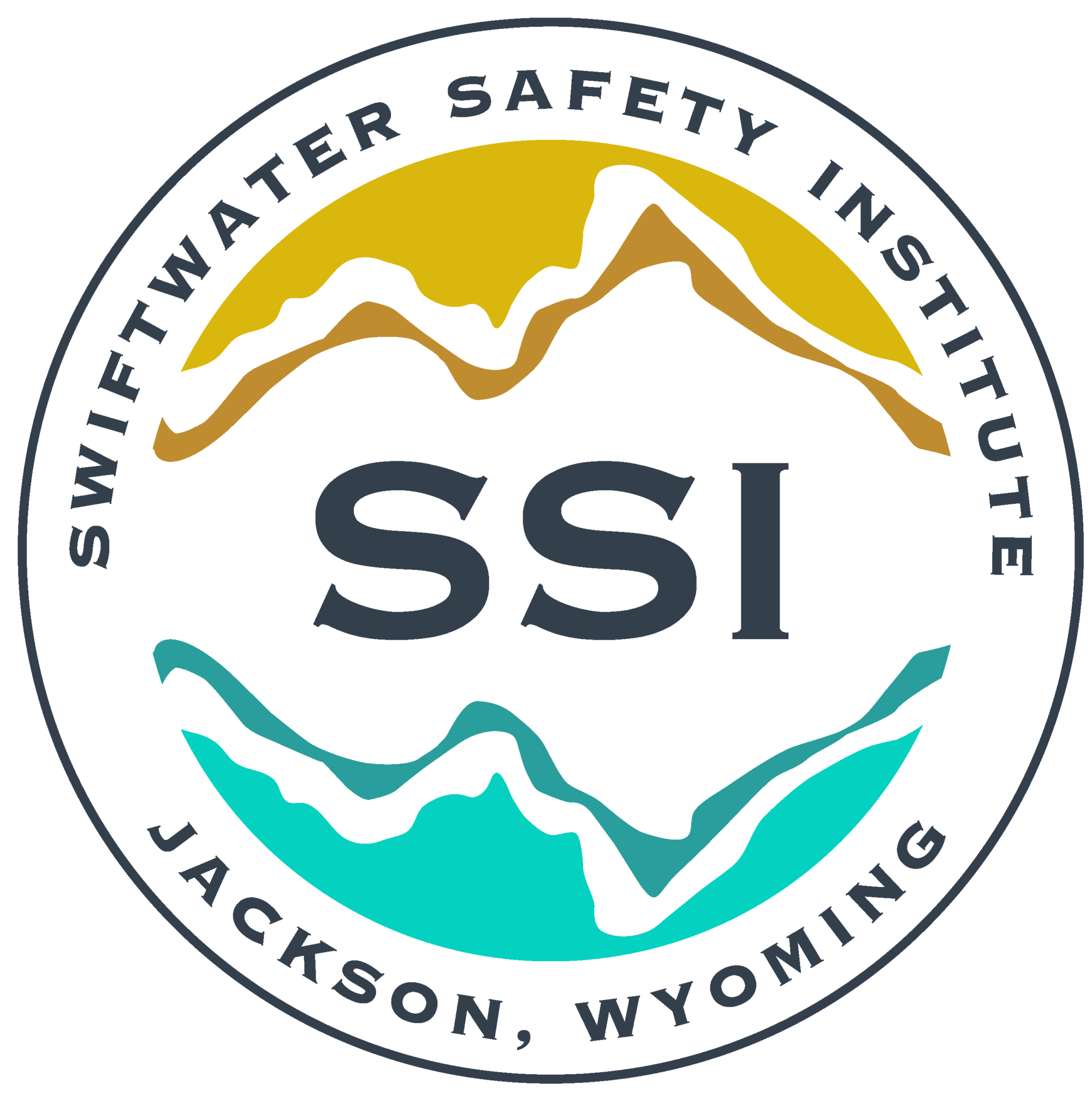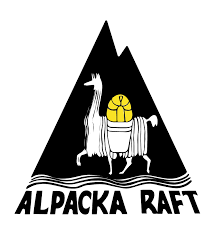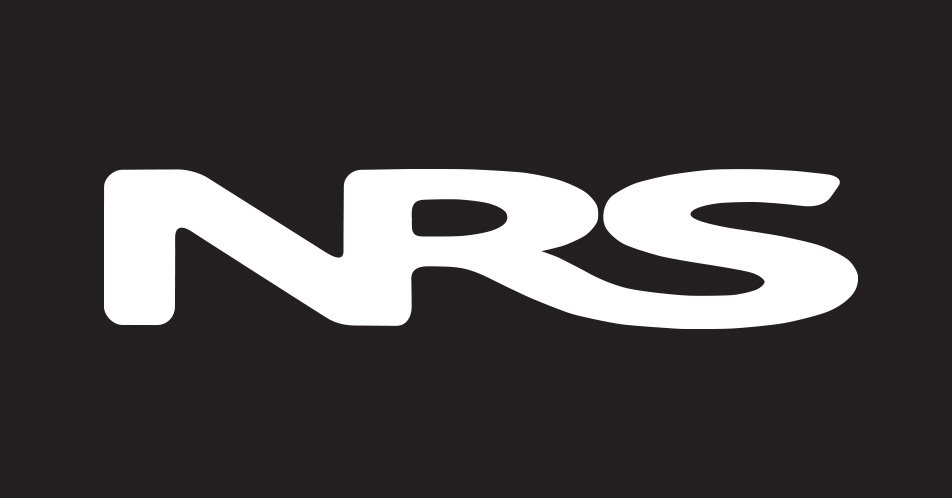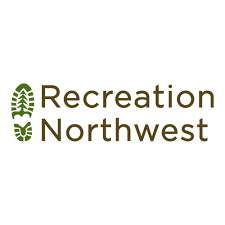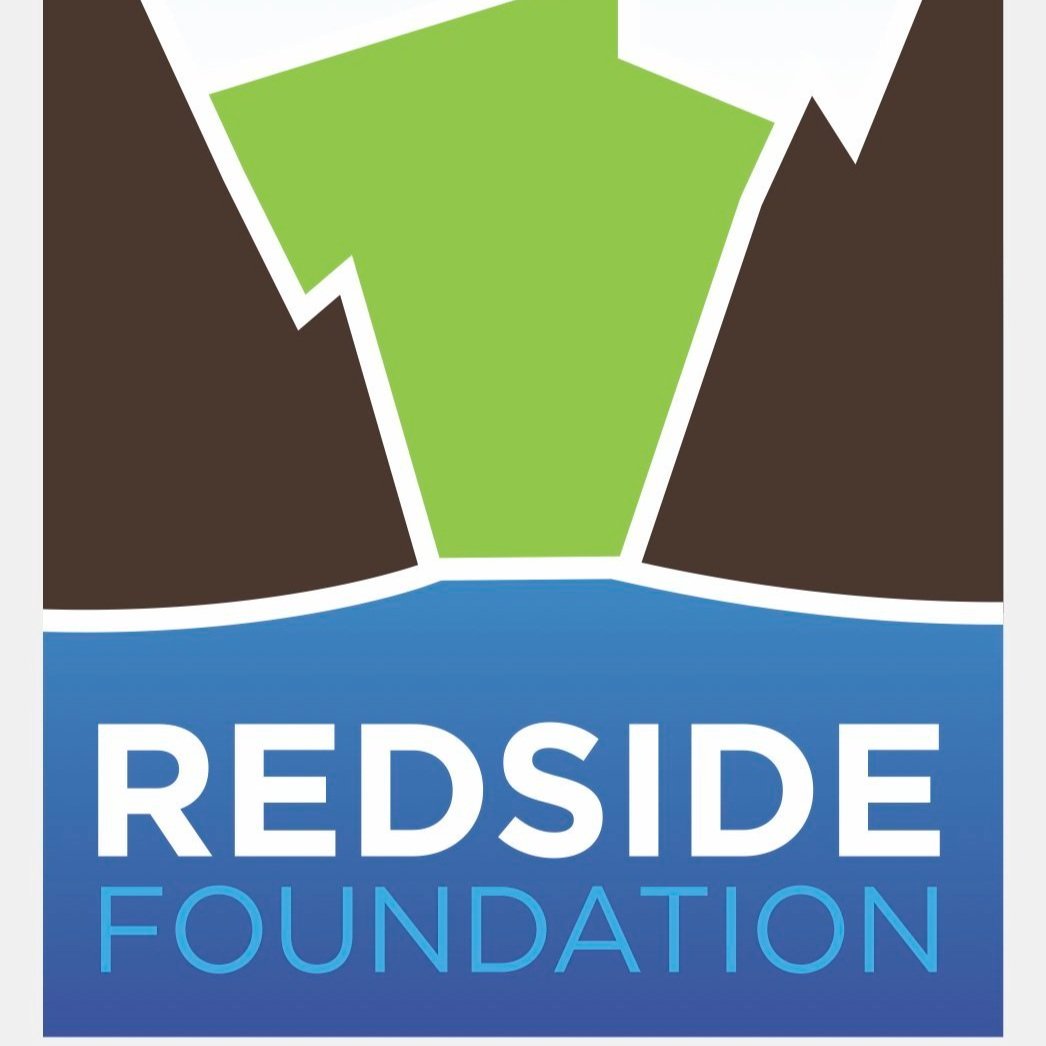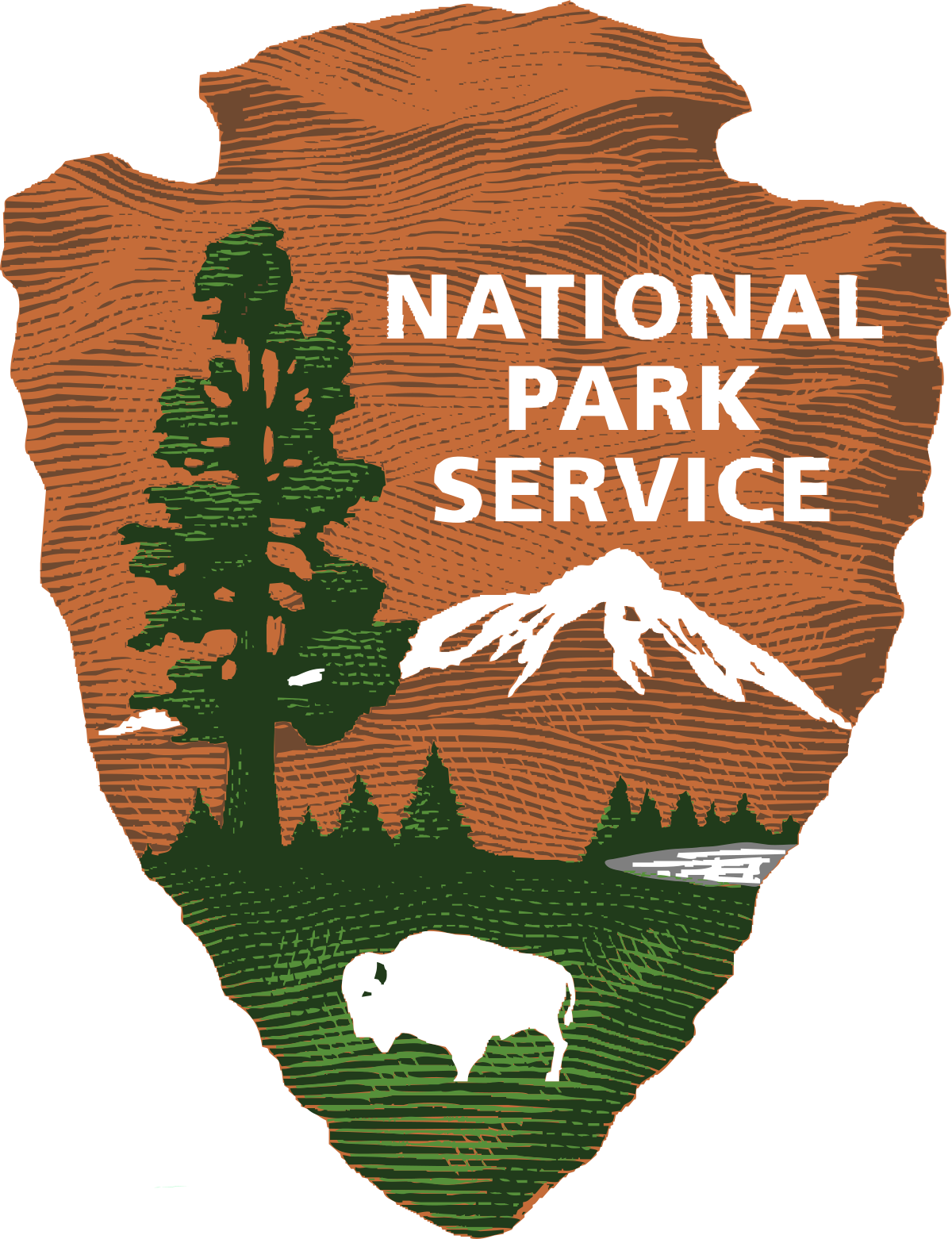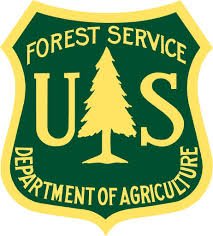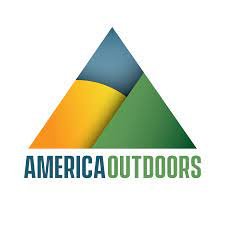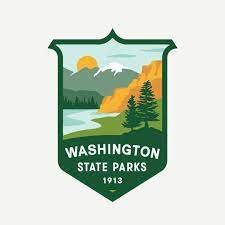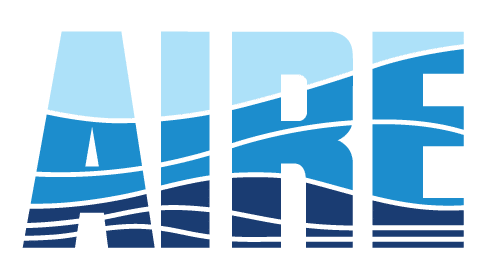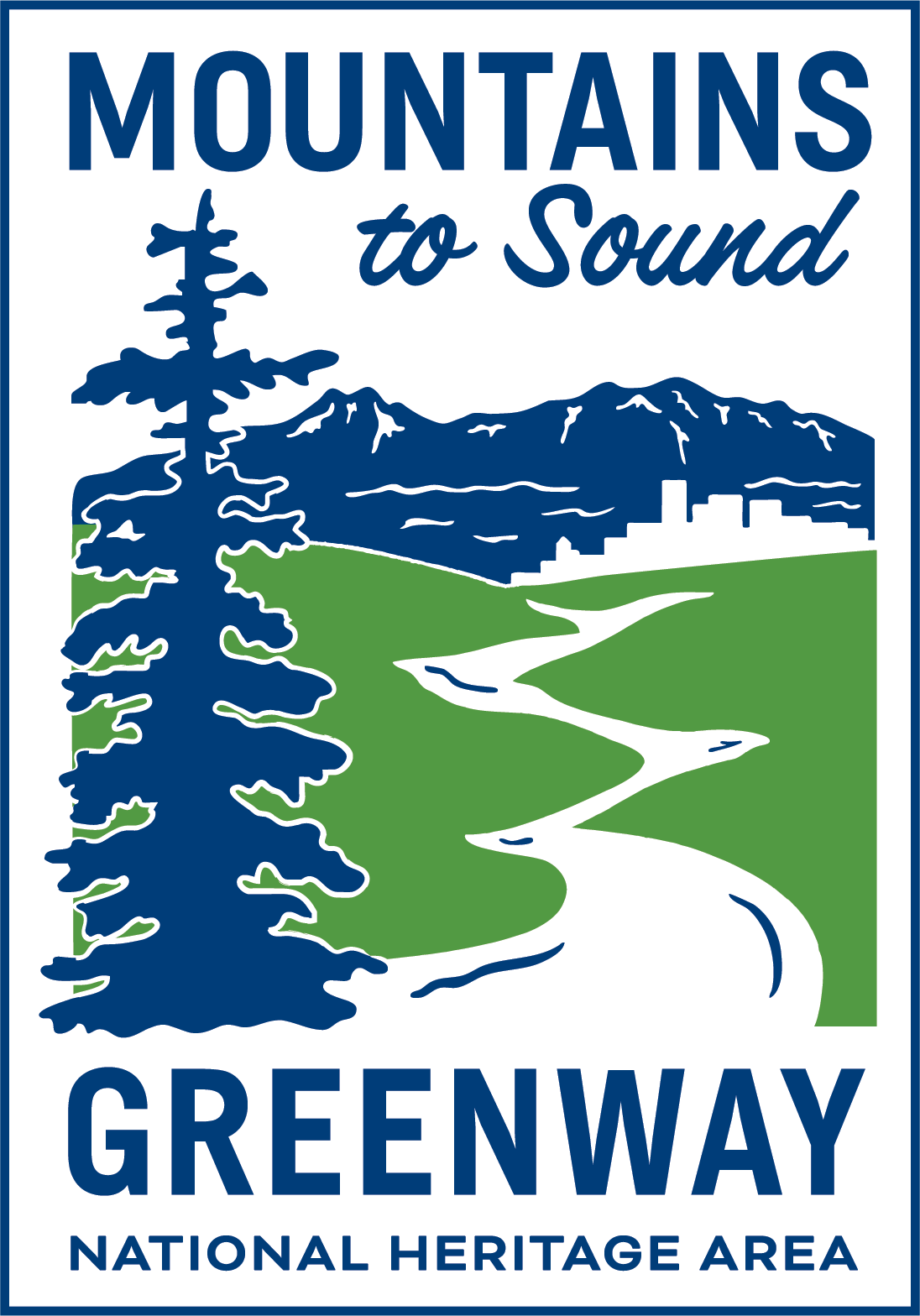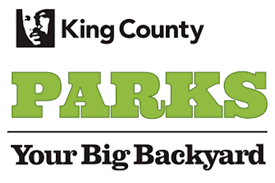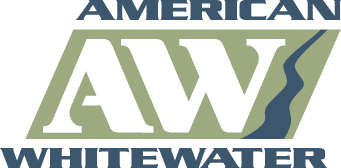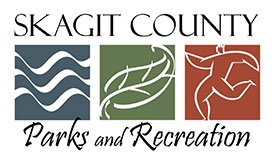Whitewater River Rafting
Questions and Answers
Common Questions Frequently Asked for Summer Whitewater Trips
Q: What river is the most fun?
A: Whichever one we are on!
Q: I want a trip for my family, and we have children and grandma; which river should we choose?
A: The Upper Skagit (click here)
Q: Are your guides certified?
A: All of our guides are Washington State certified, and have medical and rescue training. Each trip has at least one Medical First Responder (WFA, WFR, or EMT), and each trip has at least one SRT-1 (Swiftwater Rescue Trained).
Q: Do you use school buses? (I love school buses)
A: You can relive the glory days of your youth during your shuttle ride, which is complimentary with all of our trips. You are not allowed to drive them though so don't ask. To prepare for this experience we recommend that you revisit this scene in Billy Madison (click here).
Q: We went with another company last time. Why should we go with you?
A: We're better than they are. :) Actually, there are a lot of great river companies, and each company has proprietary and unique river systems. It's best to find one that you like and stick with them if possible. Secondly it's best to be selective in the initial process. Any river company should be noticeably organized, have qualified professional guides (sometimes professionalism is hard to come by in our industry!), and be able to articulate details about their safety system and what safeguards are in place on the trip you're looking for. If the outfitter you went with last time didn't totally blow you out of the proverbial water, please give us a try.
Q: Who is the Swiftwater Safety Institute, and why are they mentioned all over your website?
A: SSI is a consulting agency that represents our interests and partners with our staff to develop safety protocols, communicate with local EMS, and in general are capable of giving our whitewater trips a little bit of an edge in terms of how to deal with emergencies and rescues. You can visit their website by clicking here.
Q: What should I do with my stuff when I am on the river?
A: Lock it in your car. Preferably in the trunk or at least out of sight.
Q: Are you the best outfitter? How do I know who to go rafting with?
A: There are several options when choosing a professional outfitter, but when it comes to making sure you're in the safest possible situation you should check that your outfitter operates within the legal guidelines set by the state of Washington. You may also want to consider that because there is no guides or outfitters licensing board in this state, you should ask some questions prior to your trip, such as: how long have your guides been rafting? What condition is your equipment in? How rigorous are your training procedures and safety protocols? Do you feel this particular trip is suitable for my family/group? What separates your company from others in the same industry? Good outfitters should be able to answer all of those questions positively and without hesitation.
Q: I want my friends to know I went rafting, can I bring my GoPro camera?
A: Yes! Indeed. We cannot guarantee availability but some of our helmets have GoPro mounts on them, which you can use.
Q: Do you require a liability waiver prior to your trips?
A: Yes, all guests must sign the online liability waiver prior to their trip or we will not take them down the river. This waiver can be found by clicking here.
Q: If we have to cancel our trip, what is your cancellation policy?
A: click here
Q: If I have never been whitewater rafting before, which river should I choose?
Q: If I have rafted all over the world and feel bored when I run class 3, what should I do next?
Q: Why do you charge $10 for your wetsuits, when other companies give them for free?
A: We wash our wetsuits.
Q: Why do you practice leave no trace ethics to such an astonishing degree that you don’t even set equipment on the ground, or keep your rafts or vehicles parked at the boat ramp? And why are you so aggressively trying to get off the boat ramp, I mean you guys are so fast, why don’t you just park your pickup, drink some coffee, and complain about the government like all the other boaters?
A: Like any business, our fundamental way of making an honest and sustainable living is through 1. Land 2. Labor -and- 3. Capital (anyone remember Econ 101 :) and so we are in a unique position where we share land with the public; we do not own it. Furthermore, it is the view of our company that we are visitors in many ways, to the places we share with our guests. We view them as sacred spaces that need to be treated as such. The land we use is ancestral homeland of the Salish Native American Tribes, and we see it as pretentious to feel entitled to it. Instead, we view it as a tremendous gift that we are allowed to access such a beautiful river from something as modern and easily accessible as a public highway, and sustain our living there. As a result, we look at it as our responsibility to utilize our efforts to refine the way we interact and utilize these public access points that we share with everyone else on the river. We recognize, also, that if we do not efficiently utilize public access points, that they will become littered, or blocked, and this will result in regulations and limitations to access. If access to public lands is limited, it will most certainly affect our industry, but more importantly it will create a supply and demand issue for access to those places, and prices will rise, and then people in lower income strata will not be able to access public outdoor recreation areas… if this were to happen, it would be a great tragedy…. One of the great justices of our society is that we have access to public land, and on those places we are all equals… we all have equal access to those public spaces no matter who we are, how much money we make, or whatever our political affiliation may be. Public land, to us, is a tremendous gift, that deserves our respect. To take it a step further, we recognize that we do not have to pay as much for access to these lands, as we would if they were private, as a result, we see our guests (members of the public who often pay taxes to manage these public lands) as the lenders of the “land” that we utilize. So, in a way, we are business partners, and since this is your land, we want you to see that we treat your land with respect. We want the tribes to see that we treat the land with respect. We want to show honor to our planet and the people that inhabit the planet; present, past, and future.
Q: How far is it from Seattle?
A: Your trip itinerary and directions will be in your confirmation email. Please call or email us immediately if you did not receive it (360-510-1243).
Q: How do we get back to our car?
A: We have a few well maintained really cool looking school buses. One of them came from the department of corrections (but we won't tell you which one).
Q: Do you need a permit to run the River?
A: Yes, you do; we have priority use and temporary use permits from the United States Forest Service, a rafting permit from the National Parks Service, and a commercial use permit through Skagit County Parks Department. We are a licensed Whitewater Outfitter with the Washington Department of Licensing, and are registered with Washington State Labor and Industries as well as the Department of Revenues. Please feel free to contact us and request an emailed copy of any of the aforementioned approved permits.
Q: I ran the Wenatchee River; will this be more or less difficult than that?
A: The Wenatchee is the most commonly run river in Washington and is a pretty easy river by most standards, being only slightly more difficult than our introductory level Skagit Whitewater trip at most flow levels. Both the Sauk and Skykomish Rivers are exceedingly more difficult to run, require more stamina, and offer a generally more demanding scenario for you in regards to preparation and safety and perhaps more likelihood of taking a swim in whitewater. Another way of looking at it is that our Skagit Whitewater trip is a step down from the Wenatchee, while the Sauk River trip is one step up and the Skykomish is two steps up. If you have run the Wenatchee and are looking for something new, then book a Sauk or Skykomish trip and enjoy the ride.
Q: Do you have liability insurance?
A: Yes.
Q: Will I need it?
A: We certainly hope not.
Q: Is rafting dangerous?
A: Yes.
Q: What are the standards you use in hiring your guides?
A: Triad River Tours believes that there are three important elements to a safe river rafting experience 1. Experienced, competent guides 2. Great equipment 3. Meticulous preparation. The importance of highly trained professional guides cannot be overstated; they are the key to success on the river. That is why we are very careful when selecting our guide staff, and make sure that they are properly compensated and empowered to continue training and refining their crafts through swift water rescue schools, backcountry rafting trips, medical trainings, and group protocol and evacuation procedural simulations. Our crew is the best in the industry because we have all spent a great deal of time doing what we do. There is simply no substitute for experience when it comes to hiring professional river rafting guides.
Q: What kind of rafts do you use?
A: While we try out many different kinds of rafts, and some of our own design, we stick with the Maravia Williwaw 1.5 as our high water boat and primarily use 13 foot Aire, and NRS rafts as our lower water crafts. All of these rafts are great for their specified whitewater duties, and each guide may have an individual preference on a given day, so we like to have a variety, just like at a buffet, but with rafts.
Q: Do we have to wear a wetsuit?
A: On the Sauk and Skykomish Rivers in early season it is mandatory that you wear a wetsuit. You may bring your own or rent one from Triad at the rate of $10 per person, per day. Our wetsuits are 3mm NRS Farmer Bill type, and they are laundered between each use.
Q: Do you rent booties also?
A: No, we do not believe that booties increase the level of safety on a river trip, we encourage you to wear wool socks and your own preference of footwear. An old pair of tennis shoes will provide you with more comfort, fit, and support, than booties (usually).
Q: Do we need a helmet?
A: Yes, on the Sauk and Skykomish rivers you will be provided an appropriate whitewater rafting helmet.
Q: What is the best time of year to go?
A: Whitewater is biggest in April, May, and June, and then it gets sunny and warm in July and August. Scenic Tours are good at any time and Eagle Watching is best in December and January.
Q: What if I can't swim?
A: It's good to know how to swim, but it's not mandatory in most cases. We've taken many children and adults that cannot swim. You may want to mentally prepare yourself for a longer swim than you've taken in the past, but be certain that with Triad we will equip you with a high flotation PFD that is coast guard approved and appropriate for these kinds of activities. If you cannot swim you should inform us at the time of booking, and you should seriously consider not running anything above class 3.
Q: Do you allow drinking alcohol on the trip?
A: No
Q: Do you intentionally hire the best looking guides or did it just end up that way?
A: As good looking people we often ask ourselves that same question. It is some kind of strange coincidence that Triad River Tour guides are not only more skilled but also better looking than guides at other companies; it cannot be explained.
Q: Is it appropriate to tip our guide?
A: (Guide) YES IT IS, and remember that your guide can always tip you over but you can never over-tip a guide.
Q: What do I do if I fall in?
A: Act like a fish so you do not disrupt the delicate eco-balance of the river.
Q: Don't mess with me....
A: We will provide you with a detailed safety orientation both in your confirmation email, and at the river (so don't be late!).
Q: Will the boat flip over?
A: Our boats are made of proprietary "right side" up material, they cannot flip over, it is impossible. We once tried to flip a boat upside down and the river dried up underneath us as we did it.
Q: Will the boat flip over (seriously)?
A: Yes
Q: How often does it flip over?
A: Not very often
Q: How often is that?
A: More than a little and less than a lot.
Q: How many times did you flip over last year?
A: I'm afraid I am late for a meeting.
Q: What do I wear?
A: Your finest evening gown.
Q: Do the fish bite?
A: Yes
Q: Is there food provided?
A: Yes, we will loan you one of our river knives, and you may wander into the woods in search of meat. Upon your return we will have a spit prepared for your kill, and will portion out the feast among all of our guests.
Q: Can I bring my cell phone on the raft?
A: Yes, as long as you realize that Osprey are attracted to shiny objects and will "swoop" down to try and grab it from you.
Q: Do you take pictures?
A: Yes, but only of ourselves... we are exceedingly good looking and we just never get bored of seeing pictures of ourselves.
Q: What if I can't swim?
A: Everything will be fine aside from a shark attack because you will not be able to swim away.
Q: What if it's raining?
A: There is no need to wear sunscreen. There will be no extra charge for the rain.
Q: What is the best time to go rafting?
A: During the day.
